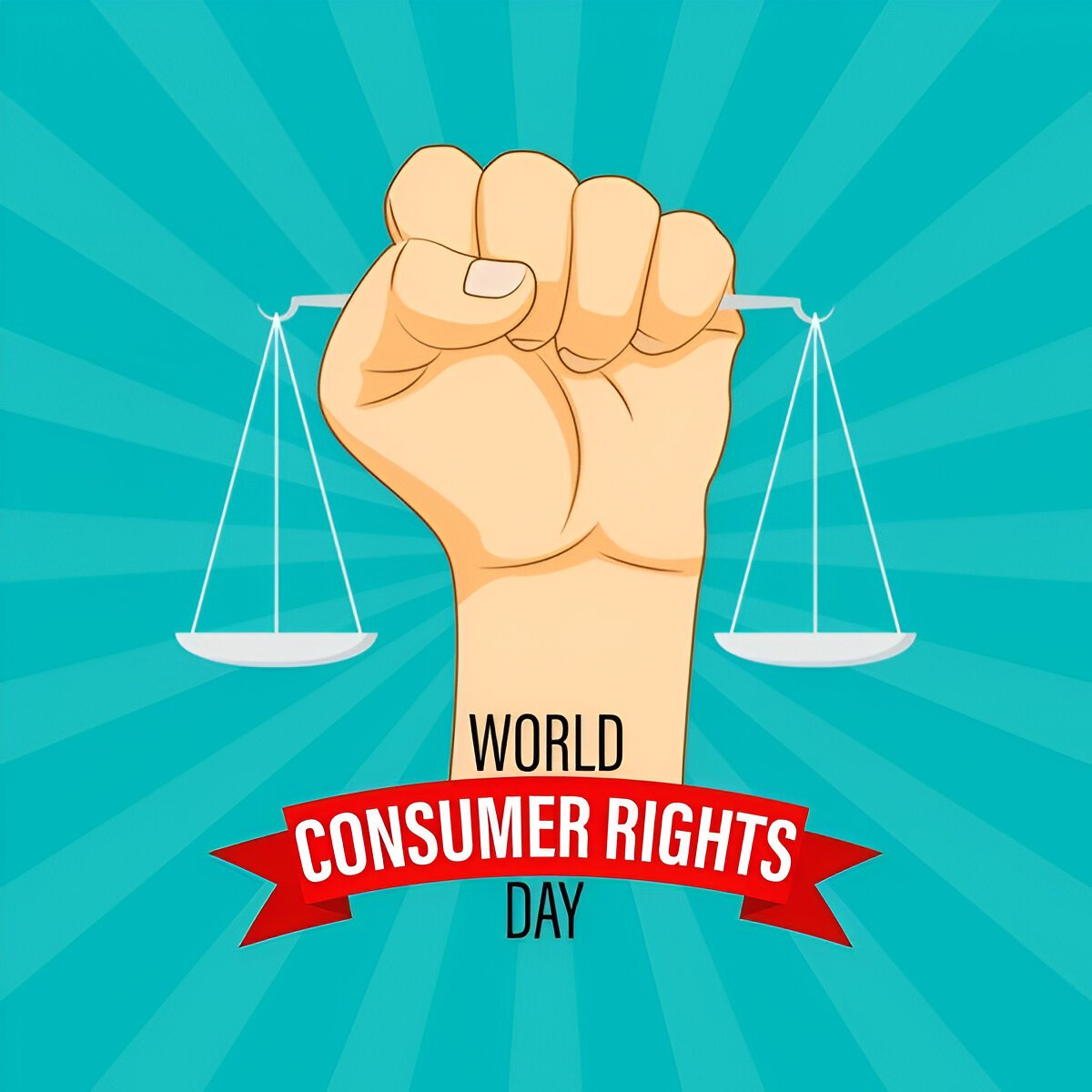A Legal Perspective on Consumer Empowerment and Sustainable Lifestyles
Each year, March 15 marks the observance of World Consumer Rights Day, a significant occasion dedicated to advocating consumer rights and ensuring fair market practices globally. In 2025, the theme, "A Just Transition to Sustainable Lifestyles," highlights the crucial role consumers play in fostering sustainability and ethical business conduct
Legal Framework Governing Consumer Rights Consumer rights are legally protected across various jurisdictions to ensure fair trade, ethical business practices, and consumer safety. Several international and national laws provide a robust foundation for consumer protection:
- United Nations Guidelines for Consumer Protection (1985): Recognizing fundamental consumer rights, these guidelines advocate for safety, choice, information, and redress mechanisms.
- Consumer Protection Act, 2019 (India): Strengthening consumer rights, this legislation establishes the Central Consumer Protection Authority (CCPA) to address unfair trade practices and misleading advertisements.
- Federal Trade Commission Act (United States): Regulating deceptive business practices, this law ensures that consumers receive accurate information and fair treatment.
- EU Consumer Rights Directive: Safeguarding consumer interests within the European Union, this directive mandates clear information, refund policies, and dispute resolution mechanisms.
Historical Significance The foundation of World Consumer Rights Day dates back to March 15, 1962, when U.S. President John F. Kennedy formally recognized four basic consumer rights:
- Right to Safety: Protection from hazardous goods and services.
- Right to Be Informed: Access to truthful and complete information.
- Right to Choose: Availability of a variety of products and services.
- Right to Be Heard: Consideration of consumer grievances in policymaking.
Subsequently, in 1985, the United Nations expanded these rights to include:
- Right to Satisfaction of Basic Needs
- Right to Redress
- Right to Consumer Education
- Right to a Healthy Environment
Legal Implications of the 2025 Theme: A Just Transition to Sustainable Lifestyles The 2025 theme emphasizes the legal and ethical obligation of businesses and governments to support sustainable consumption. The legal aspects include:
- Corporate Accountability: Laws mandating responsible business practices, such as environmental impact disclosures and ethical sourcing.
- Consumer Rights in Sustainable Markets: Regulations ensuring sustainable products meet quality and safety standards.
- Governmental Duties: Policies that promote access to sustainable and affordable consumer choices.
Remedies for Consumer Rights Violations Consumers facing unfair trade practices or violations of their rights have several legal avenues:
- Consumer Courts and Tribunals: Providing redress for grievances through compensation and punitive measures.
- Class Action Lawsuits: Empowering consumers to collectively seek justice against corporate misconduct.
- Regulatory Complaints: Filing complaints with consumer protection agencies for swift resolution.
Conclusion World Consumer Rights Day 2025 serves as a reminder that legal frameworks must evolve to address contemporary challenges, particularly in sustainability. Governments, businesses, and consumers must collaborate to ensure ethical and sustainable consumption. Strengthening consumer rights through legal instruments and active enforcement will pave the way for a more just and equitable marketplace.

